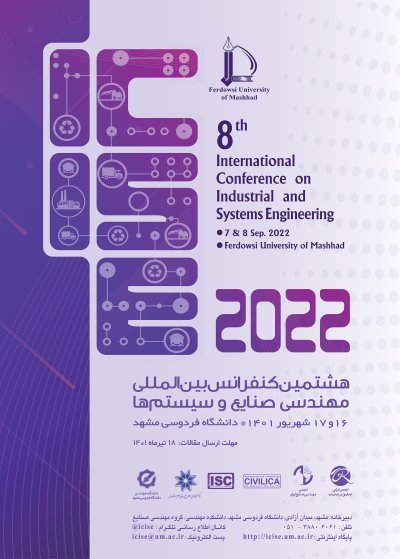0% Complete

نویسندگان :
کلمات کلیدی :
چکیده :
لیست مقالات بایگانی شده
پریوش خلیلی - مهرداد کارگری - عبدالله عشقی
جواد نعمتیان - سلوا حب الوطنی اصل - معصومه سبزکاری
ریحانه سادات حیدریان - منیره احمدی منش
راضیه رجائی لک - الهام یاوری
Romina Hossein Gholi Zadeh - Parastoo Mohammadi
Mohammadebrahim Ebrahimi sadr - Ezat Valipour
حمید پرون - سعید اهدایی - مرتضی خاکزار بفرویی
Sana Aghajan navesi - Omid Hasanpour jesri - Ezatollah Abbasian
رها اسفندی نژاد - حسن زارعی - فضلالله آقامحمدی
Fatemeh Jalalzaei - Akbar Esfahanipour - Ali Reza Keivanimehr




